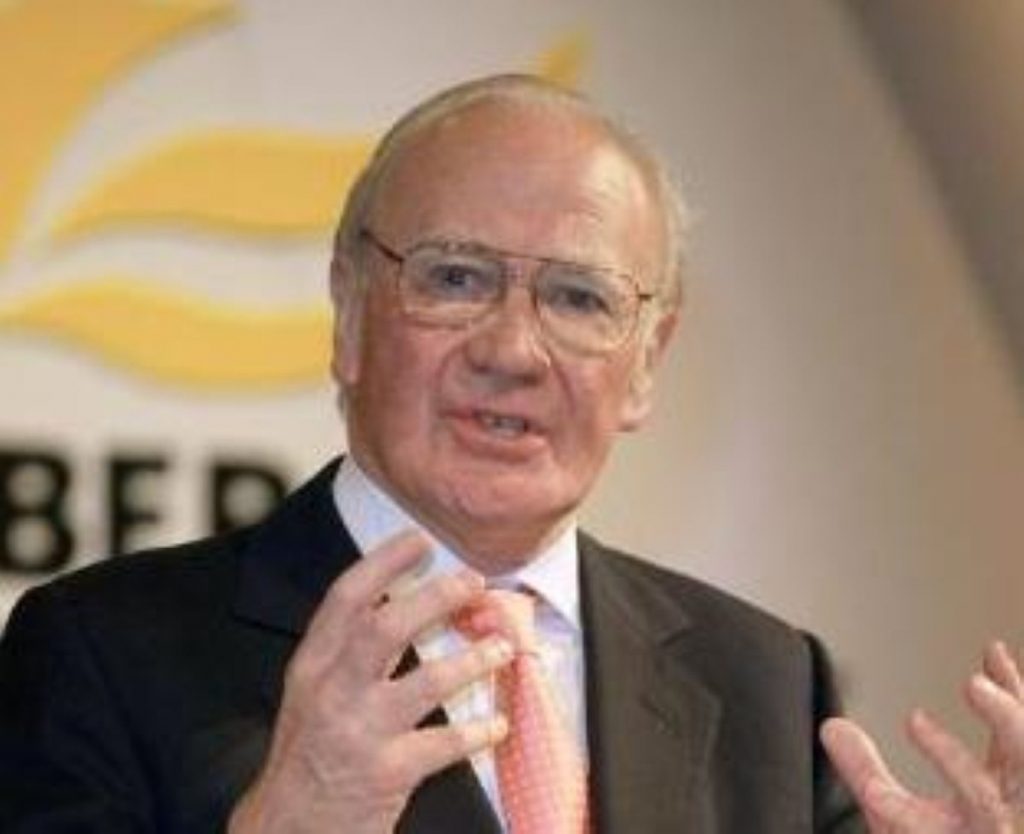Lib Dems reach out to ethnic minorities
Menzies Campbell will this evening launch a new drive to get more black and ethnic minority candidates to stand as Liberal Democrat MPs.
Party members approved a special £200,000 fund to help promote diversity among parliamentary candidates at the annual conference last year, and today Sir Menzies will reiterate his commitment to changing the face of the Lib Dems.
The event comes as reports suggest the Conservatives have dropped their radical plans to recruit a more diverse selection of candidates, by stating that local branches no longer have to choose people from the A-list decided by Tory HQ.
Despite their liberal policies, the Lib Dems have no black or ethnic minority MPs, and just nine out of their 63 representatives in parliament are women. The diversity fund is designed to address at least one of these issues to ensure the party better reflects society.


In a special reception tonight, Sir Menzies will also launch a new internship scheme in cooperation with Operation Black Vote, which will enable five people from black and ethnic minority communities to see the inner workings of the party for six months.
“Since being elected as Liberal Democrat leader, I have made a personal commitment to making my party more representative of the communities we serve,” Sir Menzies said ahead of a reception promoting the new fund tonight.
“I want to encourage people who have not previously engaged in politics: join us, get selected and get elected.”
His rhetoric reflects that of David Cameron when he was first elected, but reports this week suggest the Tory leader’s grand plan to reform the face of the party have stumbled in the face of opposition from grassroots activists.
According to The Times, new plans have been drawn up allowing local parties to choose from a list of 600 approved candidates, rather than the limited A-list of high-flyers picked by Tory officials in London, when they select people to stand at the next election.
They will have to ensure that half of their candidates at every stage of the selection process are women, which will mean the final shortlist will be made up of two men and two women, but the move is being seen as a defeat for Mr Cameron.
John Maples, the deputy party chairman responsible for candidates, said the A-list had made “significant progress”, noting that 40 of the first 107 parliamentary candidates selected are women. However, only three are from ethnic minority communities.
“The new option toughens up the rules on women and allows more candidates to apply for seats in their region,” he told the newspaper, adding that local branches could still use the A-list if they wanted to bypass the requirement for a 50-50 gender balance.
However, Labour party chairwoman Hazel Blears said the change in the Tory selection process was a “humiliating final nail in the coffin” for Mr Cameron’s plans and proved the tough challenge he faced in trying to reform his party.









